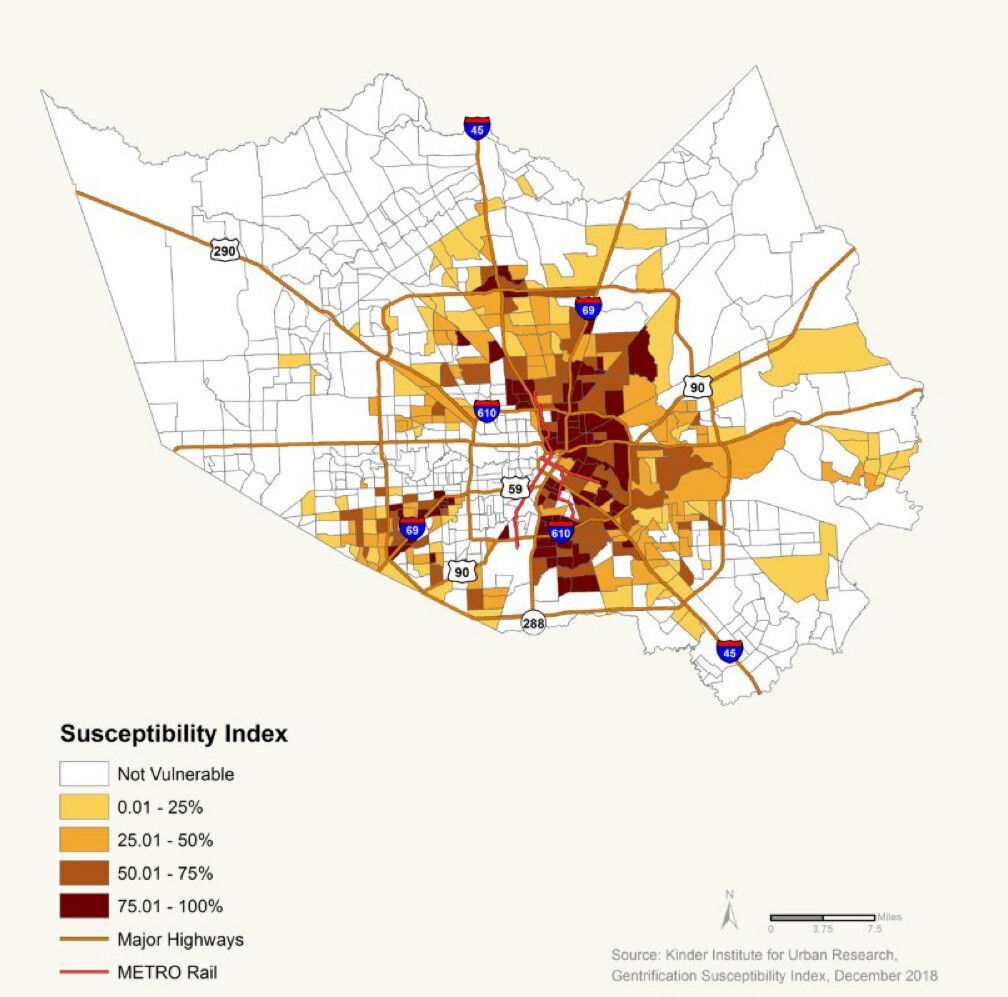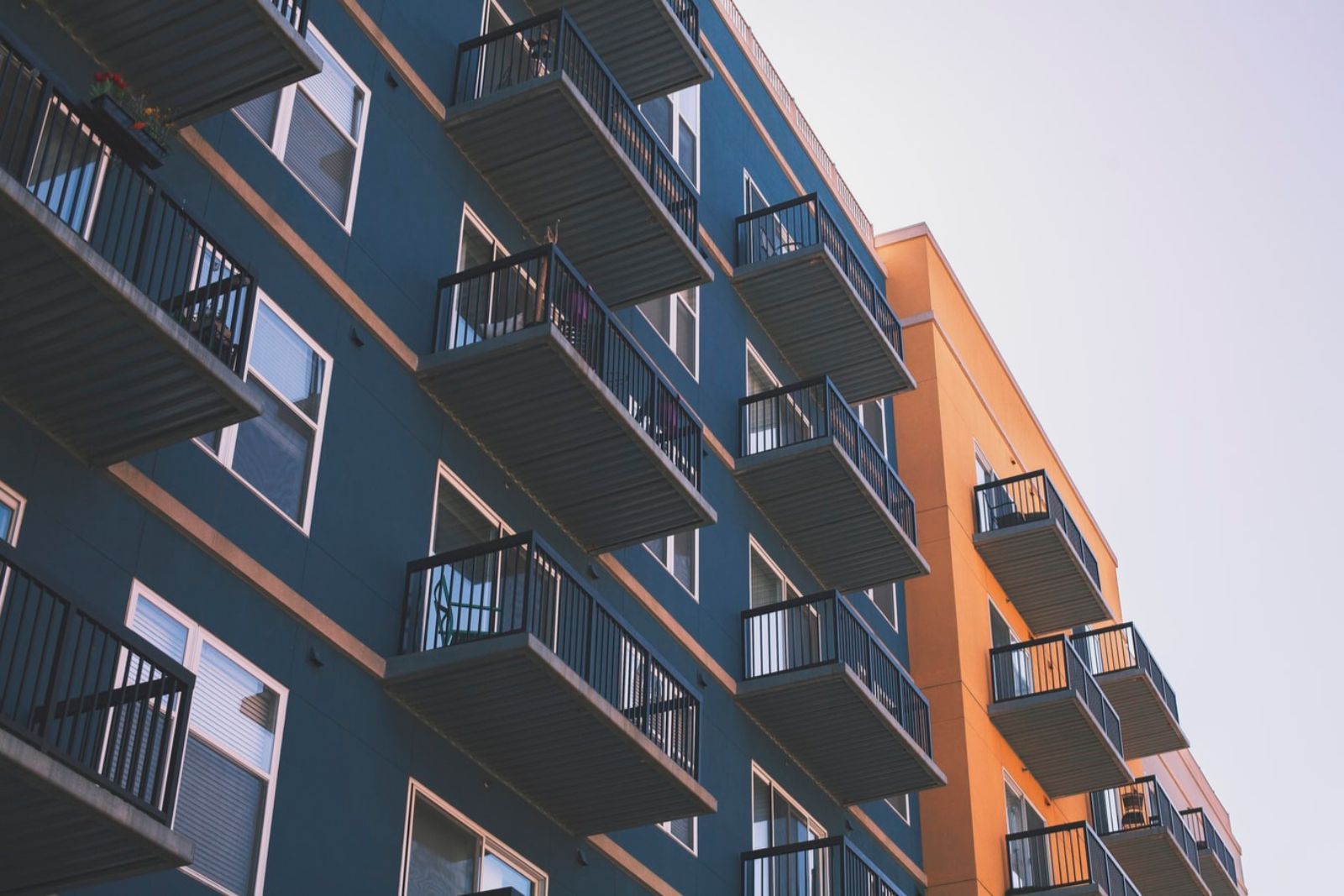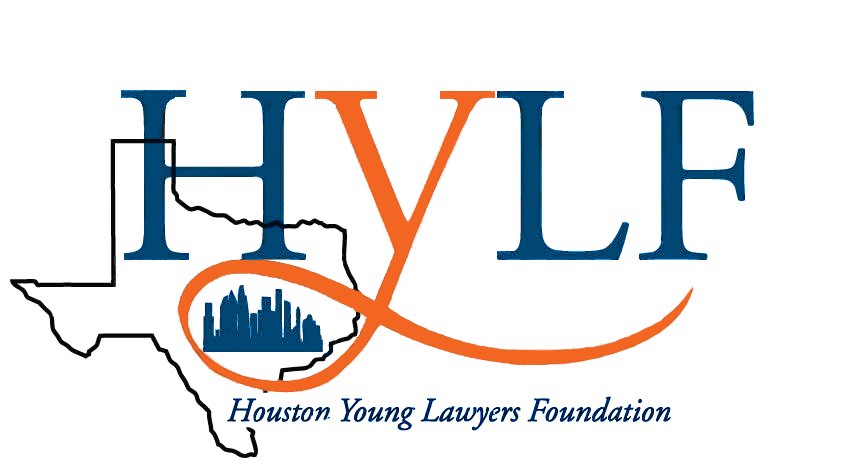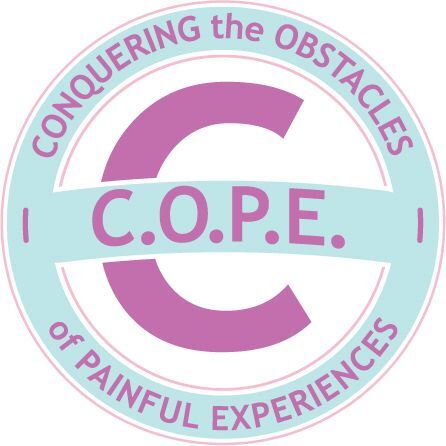
Gentrification is the process of urban development in low-income neighborhoods in which middle- and upper-class groups migrate to the area.
Consequently, low-income residents face the risk of losing their homes and being displaced if they are bought out or their mortgages/rents are raised as a result of new developments in their neighborhoods.
In the case of seniors who own their homes, their property taxes may increase. As a result of new urban developments, residents will not only be affected by an increase in prices but also their neighborhood's history will be erased.
In the Greater Houston area, several black historic neighborhoods fear that new modern developments (newly constructed townhomes) will erase their historic significance. Among those neighborhoods are Third Ward, Fourth Ward (Freedman's Town, the city's first black neighborhood), Fifth Ward, Studewood (Independence Heights), and Sunnyside.
Freedman's Town was the first black neighborhood to form in Houston's fourth ward. Researchers Podagrosi & Vojnovic found in the 2008 study “Tearing Down Freedmen's Town and African American Displacement in Houston: The Good, the Bad, and the Ugly of Urban Revival” that slaves who worked on cotton and sugarcane plantations were the first African Americans to settle in Houston.
Following Emancipation (the freeing of the last enslaved) on June 19, 1865, many African Americans migrated to Houston, increasing its population. As the majority of new African American residents sought cheap housing, the area west of Main Street and along San Felipe Street (now West Dallas Avenue) became known as Freedman's Town.
In Freedman's town, some of the streets were paved with bricks laid by newly freed African Americans after the Civil War, according to the Kinder Institute. According to McAllen, the city's historic preservation officer, only 40 of the original 540 structures remain.
Among the 50 or 60 black towns established in the U.S., Independence Heights (Studewood) was the first in Texas, according to the Kinder Institute.
Through a study of Independence Heights, conducted in collaboration with Tanya Debose, Director of Preserving Communities of Color, and the Independence Heights Redevelopment Council, Kinder Institute researchers report that Wright Land Company established Independence Heights in the early 20th century, marketing it to African Americans denied conventional bank loans.
Wright sold lots and offered low-interest loans for the construction of new homes, where buyers paid as little as $6 a month.
Many residents of Houston's black historical neighborhoods, particularly seniors, are concerned about gentrification. Several seniors have lived in the same house since childhood, so they have plenty of memories attached to it. With society changing rapidly and developers seeking out places to modernize, seniors are at risk of losing their homes.
Many seniors cannot afford repairs to their aging homes, so they begin to deteriorate. Consequently, they are at risk of losing their homes to gentrification, as developers see an opportunity to tear down a low-value home to build a modern two-story townhome in its place.
Seniors wish to age in place, which developers are taking away from them by modernizing their neighborhoods, increasing the cost of living (increasing property taxes), and causing residents to have to leave their homes.
Seniors are displaced as a result, and a new tale is being created within a modern, developed society that takes away their memories of their historic neighborhoods.
For seniors who wish to age in place and beat gentrification, Empower CDC has partnered with The Restoration Team to help residents repair their homes. This will prevent their homes from being bought out and their inhabitants displaced.
After obtaining home repairs, residents can age in place in comfort and continue to create memories with their families.
*Image retrieved from Kinder Institute



































